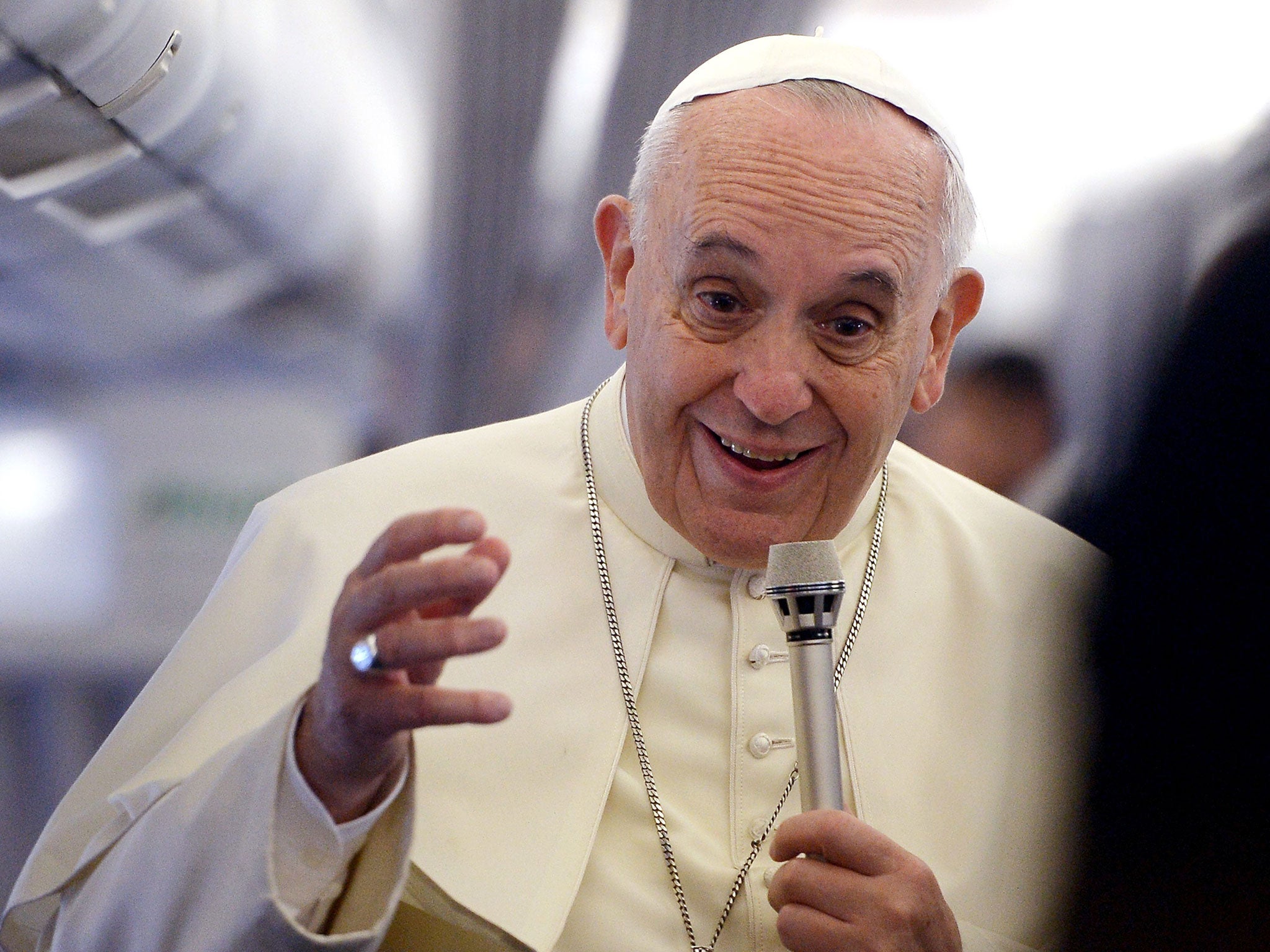This remarkable city has a lesson for the world in fighting religious extremism
Growing up the daughter of a Muslim father and Christian Orthodox mother was not unusual in Tirana, where there has never been an act of violence in the name of religion

Your support helps us to tell the story
From reproductive rights to climate change to Big Tech, The Independent is on the ground when the story is developing. Whether it's investigating the financials of Elon Musk's pro-Trump PAC or producing our latest documentary, 'The A Word', which shines a light on the American women fighting for reproductive rights, we know how important it is to parse out the facts from the messaging.
At such a critical moment in US history, we need reporters on the ground. Your donation allows us to keep sending journalists to speak to both sides of the story.
The Independent is trusted by Americans across the entire political spectrum. And unlike many other quality news outlets, we choose not to lock Americans out of our reporting and analysis with paywalls. We believe quality journalism should be available to everyone, paid for by those who can afford it.
Your support makes all the difference.It was in September 2014 that Pope Francis visited Albania, where he delivered a speech addressing religious radicalism and violence in the Muslim world. There is a reason he choose this small country situated on the edges of the Balkans to deliver such an important message to the world. Despite the country’s complicated history it has succeeded in achieving a peaceful society where there has never been a single incident of religiously motivated violence. More than a year on from the Pope’s speech, things have got much worse, with massacres in Paris, Beirut and Mali committed in the name of religion. Now, more than ever, we need to look to Albania for lessons in religious tolerance.
I was born during the final years of Communism to a Muslim father and a Christian Orthodox mother. My family is not an exception to the rule; we are like many families living in the nation’s capital, Tirana.
In Albania three main religions are observed: Islam, Catholicism and Christian Orthodoxy. The majority of the population is Muslim whilst Catholic and Orthodox Christians make up smaller minority communities. Despite the diverse religious make up, there have never been any acts of violence perpetrated in the name of religion. This is quite striking in a country that was so close to the former Yugoslavia where 20 years ago, a religious conflict caused one of the largest genocides in modern history.
This peaceful phenomenon is called "religious harmony" by some and "lack of religion" by others. I am divided between the two views and am not sure what I want to call it, but I do know that now more than ever Albania is a beacon of hope in a world being torn apart by religious extremism.
A look to Albania’s history may shed light on the path to religious tolerance. Albania’s religious configuration has reflected the ebb and sway of world history. Islam, Roman Catholicism and Eastern Orthodoxy were introduced to the country as the Ottoman, Roman and Byzantine Empires marched across Albania. During Enver Hoxha’s communist rule, Albania became the only atheist state in the world where religion was illegal. Mosques and churches were destroyed and transformed into warehouses, museums of atheism or other communist uses. Many priests and religious figures were killed and prosecuted.
Religion has always been something external to our society, pressed onto us by invaders or taken away from us by the state. It has never been used as a political tool, as was the case of our neighboring countries in the Yugoslavian War. As such we have maintained our own private practice and tolerate the beliefs of our fellow Albanians.
Each country has its own past and national memories, but perhaps the rest of the world can take a few lessons from this small Balkan country. If we focus on our own beliefs and allow for religious pluralism, we can create tolerant and most importantly, peaceful communities.
Join our commenting forum
Join thought-provoking conversations, follow other Independent readers and see their replies
Comments